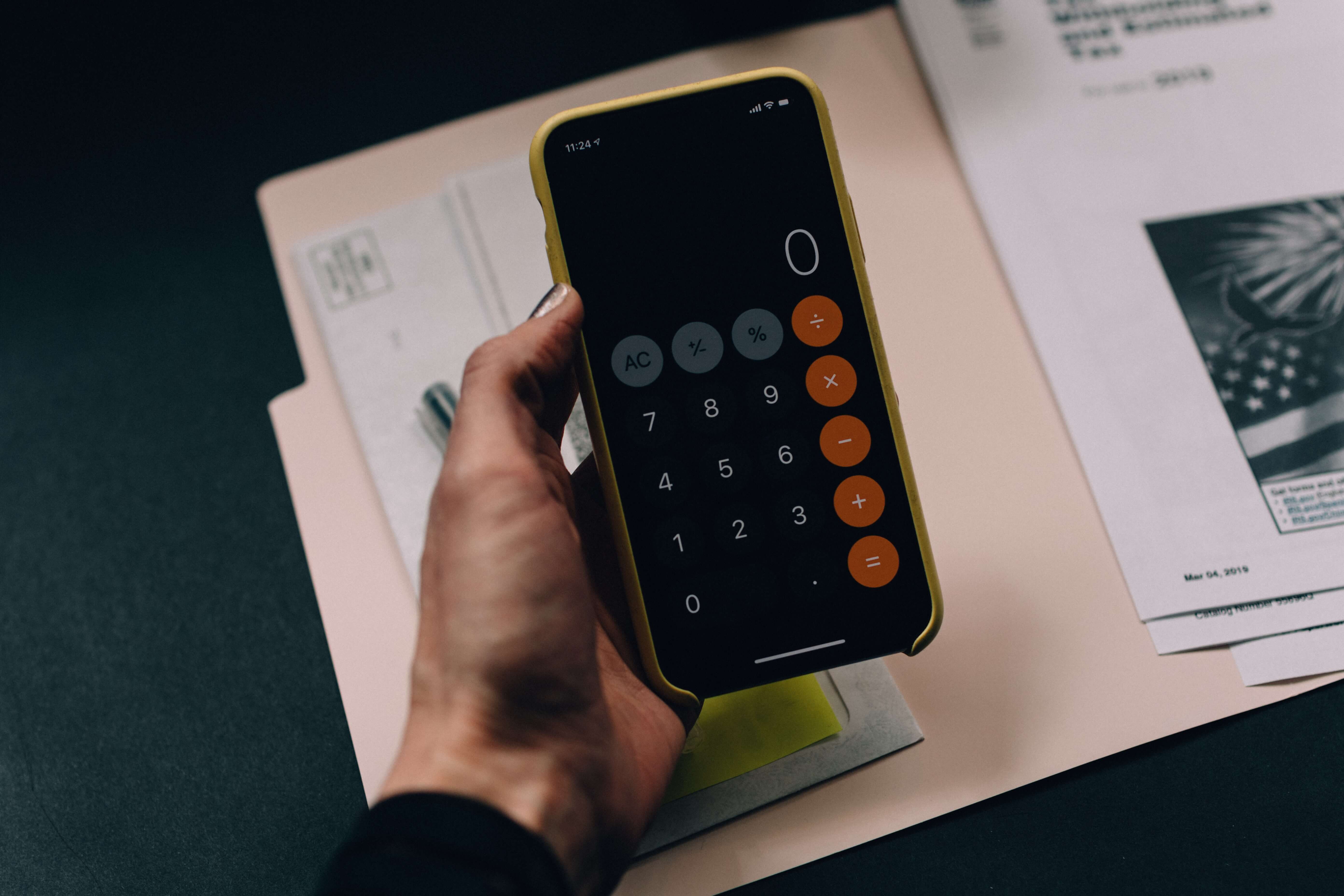Millennial Corona-nomics: Hope in the housing market
Getting on the property ladder is notoriously difficult, but there are a few schemes out there that could help you buy your first home. Read on to find out more and see which scheme could help you.
Help to Buy Scheme
Initially, the Help to Buy scheme was only meant to run until 2021 but has now been extended to 2023.
The Help to Buy Scheme is a government-run operation designed to help first-time buyers get on the property ladder with just a 5% deposit. The government offers an equity loan to help buyers purchase a newly-built home that costs less than £600,000. If you already have a 5% deposit, you can borrow 20% of the sale price interest-free for the first five years. Those looking to buy in London can borrow up to 40% of their purchase price.
The Equity Loan
As aforementioned, the government can lend up to 20% (or 40% for those London-dwellers) of the purchase price- you cover the remaining cost by borrowing from a mortgage lender. The equity loan from the government has to be repaid within 25 years, or sooner if you sell your home.
The first five years of your equity loan are interest-free but the sixth year will be charged 1.75% interest. From then on the interest rises with inflation based on the RPI (Retail Prices Index) plus 1% each year. Remember- that interest doesn’t contribute to your repayments!
When, or if, you sell your home, you have to repay the same percentage value of your property as you borrowed. So if you received a 20% equity loan, you have to repay 20% of the value of your property now.
The restrictions
- Help to Buy cannot be used by those looking to purchase a second home
- You cannot use Help to Buy to purchase a property for more than the price limit
- You can only take out a repayment mortgage

Help to Buy Calculator:
Wondering if the equity loan offered by the help to buy scheme can really help you?
You can use this calculator to find out now:
Shared ownership Mortgage
Shared Ownership schemes are a hybrid between buying and renting a property. They’re perfect for first-time buyers as you only need to get a mortgage on part of the property and pay rent on the rest.
There are variations of Shared Ownership, but you usually buy between 25-75% of a property, and can purchase larger shares later on if you so wish. This is perfect for those who can’t afford to buy a property in its entirety yet, but who are reluctant to keep renting. The remaining portion of the property is rented to you at a discounted rate.
Eligibility Requirements
To be eligible for the Shared Ownership scheme:
- Your combined household income must be less than £80,000 (or £90,000 if you’re in London)
- If you’re a first time buyer
- If you used to own a property but can no longer afford one
- You rent a council or housing association property
You can’t get Shared Ownership on just any property- if you’re interested you’ll need to do some desk research to find out if there are any available in your area. Contact your local council for advice if you’re struggling to find any!

First-time buyers: 5% mortgages
Okay, so we’re jumping the gun slightly with this one. The UK government has recently announced plans to introduce a 5% deposit mortgage initiative… sometime soon.
As discussed in our last post about the housing market, it’s becoming increasingly difficult for first time buyers to get on the property ladder because mortgage lenders are demanding higher and higher deposits. This obviously makes it difficult to save up, and no deposit means no mortgage which means no house-buying.
All of the schemes mentioned above involve smaller deposits so this proposed scheme would help in much the same way.
Check out the first instalment of the Millennial Corona-nomic series here to explore other issues affecting young people during the pandemic! In uncertain times it’s more important than ever to get your finances under control. If you’re looking for better ways to monitor your bills and spending and take control of your budgeting to check out the free Nova app






